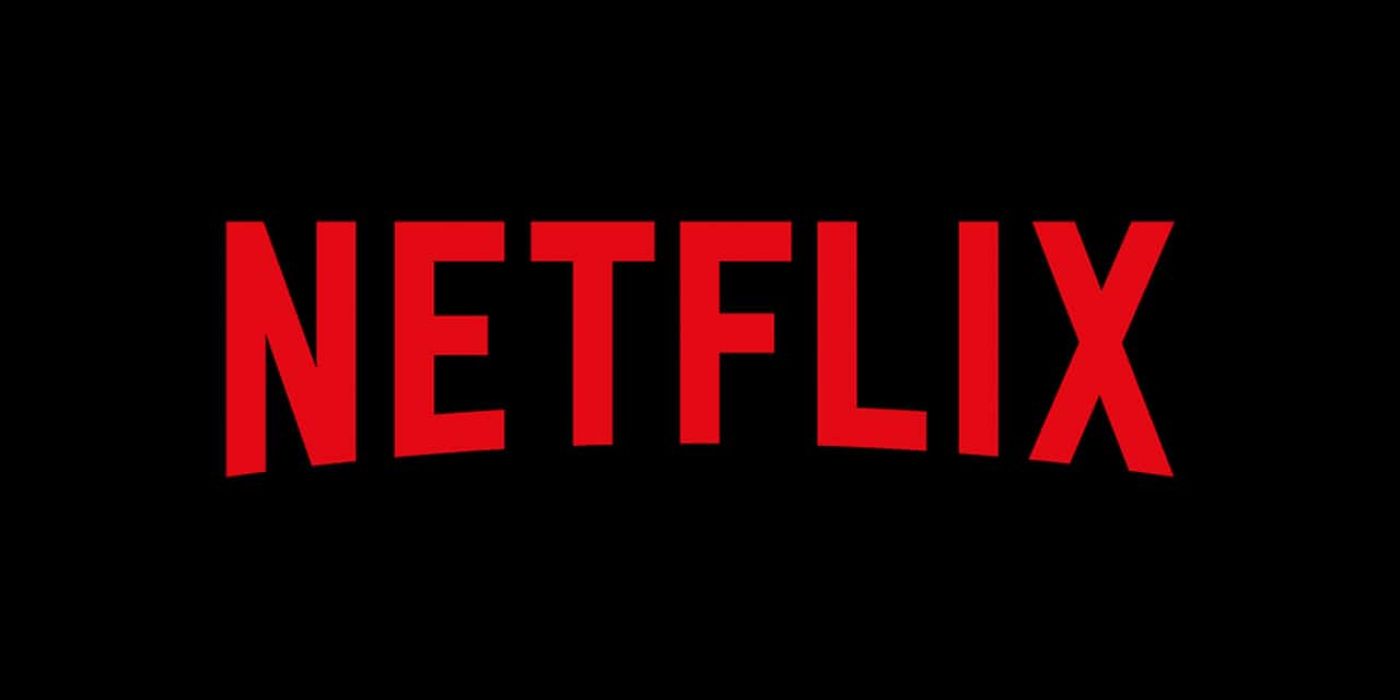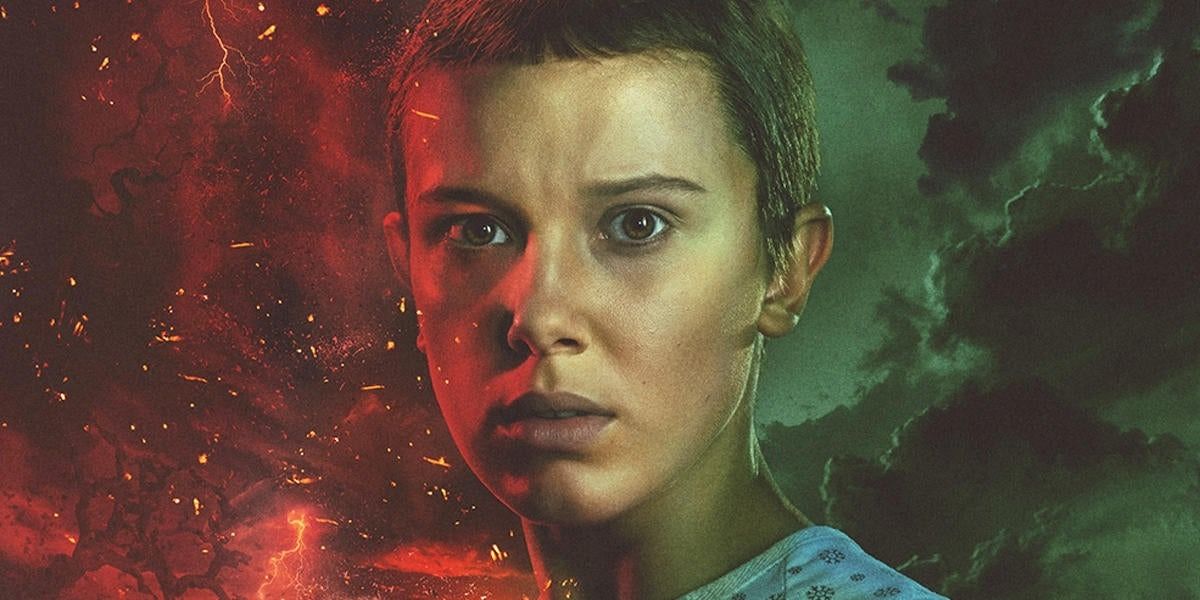Netflix started the streaming wars as a powerhouse, but it may be the first to lose. The binge-model is helping to kill them, they need to forget it.
Netflix was the only name in the streaming business for a lot of years. It pioneered the way that people streamed content in their homes and the binge model was its bread and butter. Netflix would drop an entire season at once and watch how people viewed its content for hours on end. The system was working flawlessly until new competitors began to arrive and go back to the week-to-week release schedule. While giving the audience a whole season’s worth of content at once is fun, it also makes it impossible to stay in the limelight. Moving away from this method may help Netflix to patch some holes in its rapidly sinking ship.
It’s been well documented that in recent months Netflix has been having some hard times. While it may be blamed on dwindling quality content, or an increased streaming market, there is no doubt that Netflix is no longer the giant that it once was. The binge model used to be beloved. It looked like how the streaming world was going to deliver content. Yet it has some major drawbacks that prevented other companies from following Netflix’s model. Netflix can take steps back into the limelight if it abandoned the binge model.
Shows like Stranger Things, The Umbrella Academy, and The Witcher are some of Netflix’s biggest shows right now, yet if they release alongside a major Marvel, Star Wars, HBO series, or The Boys it can be hard for them to remain the center of attention. The binge model means that many people are watching, reporting, and talking about the new series all in one weekend or within a week. This is a huge detriment to the series since social media engagement can massively drive up viewership and interest in a series. Series on other streaming services are released weekly and therefore can dominate the news cycle for months.
Being the center of conversation for weeks on end allows more anticipation to build for the series and for the finale. This was an issue for The Witcher season two. It was released a few weeks before The Book of Boba Fett. Yet since it was released all at once, no one was talking about it by the time Book of Boba Fett came out. Then the Star Wars series proceeded to control the conversation for weeks. The Witcher is a massive show, yet a week after its release, hardly anyone cared about the second season or upcoming third season anymore.
Netflix is struggling to maintain subscribers, and it may be because the binge model means that people only need Netflix for a weekend. If there are only a couple of series or movies that the audience is interested in, then they can sign up and quit easily. When someone can watch a show in a weekend and then not need that streaming service for another couple of years, it makes it easy to use a free trial and quit. Extending the show over 6-12 weeks makes it more likely that a subscriber may keep the service for longer and discover other products that it has to offer.
The binge model used to be the be-all and end-all of streaming. That time has passed. More and more people are enjoying a week-to-week model for their streaming shows. It allows them time to digest and discuss the shows with other people and on social media. Releases using the binge model become quickly irrelevant and people move on to the next series or program. Netflix’s model is slowly contributing to the death of the service, and it’s time for them to change.



.jpg)